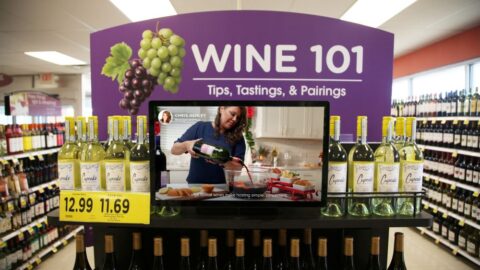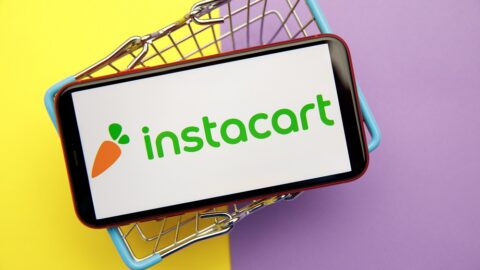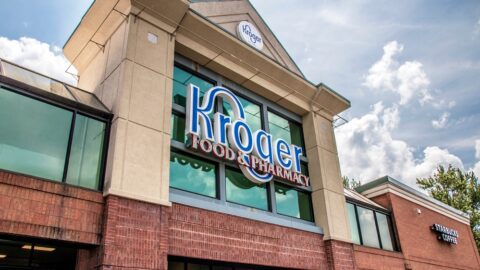As the pandemic has driven the adoption of e-Commerce to a level retailers didn’t expect to see for a year or more, many are speeding up the development of digital products and services that were further ahead on their technology roadmaps. For Kroger, the expansion of its Ship e-Commerce assortment through a third-party marketplace is the latest example.
Starting this fall, more than 50,000 additional items will be available to Ship customers across multiple categories including natural and organic, international food, specialty items, housewares and toys. The third-party vendors will ship the products directly to the consumers’ homes.
With the marketplace, Kroger will almost double the size of its Ship assortment. When the retailer launched Kroger Ship two years ago, the company said it would carry a curated selection of approximately 50,000 center-aisle products and 4,500 private-brand items.
“As part of our continuing transformation, we look forward to accelerating the development of our e-Commerce platform and providing our customers with even more choices,” said Stuart Aitken, Kroger’s SVP and Chief Merchant and Marketing Officer in a statement.
Kroger has partnered with the Mirakl, a software-as-a-service marketplace platform, to execute the program. “It’s clearer than ever that digital marketplaces are the foundation of the next generation of commerce, and we look forward to supporting Kroger as it takes advantage of this opportunity,” said Adrien Nussenbaum, CEO and Cofounder of Mirakl in a statement.
In a video Q&A with Nussenbaum, Jody Kalmbach, Kroger’s Group VP of Product Experience, said “there are some fundamental challenges to scaling” ship-to-home, including the expense and logistical complexity. “When we realized we could satisfy the customer needs from an assortment perspective without taking on some of that complexity, we knew this was a financially sustainable way to accelerate growth,” said Kalmbach.
She noted that Kroger didn’t launch the Ship marketplace in response to the pandemic. “That said, the acceleration we saw in terms of customers moving to e-Commerce and digital ways of shopping as a result of COVID in the spring — we had 92% growth in Q1 year-over-year — became an accelerator,” Kalmbach added.
QFC Pilots Apple Pay, Google Pay And Other Touchless Payments
Kroger’s Seattle-based QFC division has deployed contactless payments powered by Near-Field-Communication (NFC) technology in 61 stores to help safeguard associates, customers and communities during the pandemic, as well as to add convenience for consumers who prefer to use mobile payments.
NFC uses a radio frequency field to transmit data between a mobile device and PIN pad, eliminating physical contact. The pilot includes the acceptance of Apple Pay, Google Pay, Samsung Pay, Fitbit Pay, mobile banking apps and contactless chip cards.
“The contactless payment solution will help make life easier for many of our customers and provide the freedom of choice among various options, including cash, debit, credit and check,” said Chris Albi, President of QFC in a statement.












